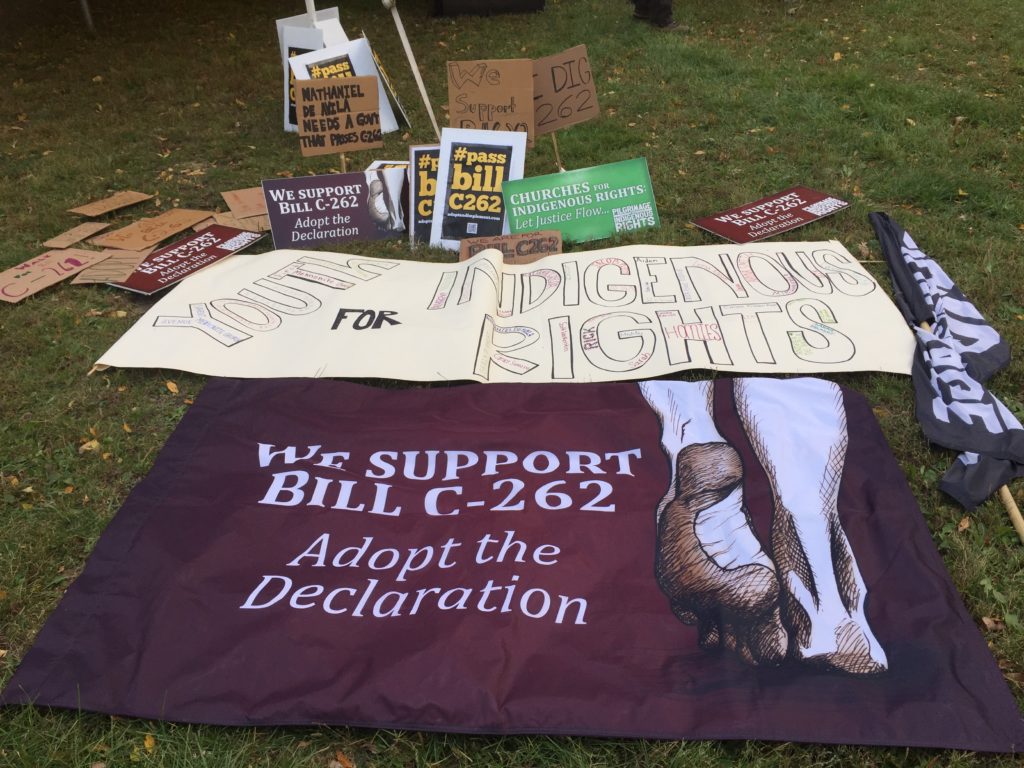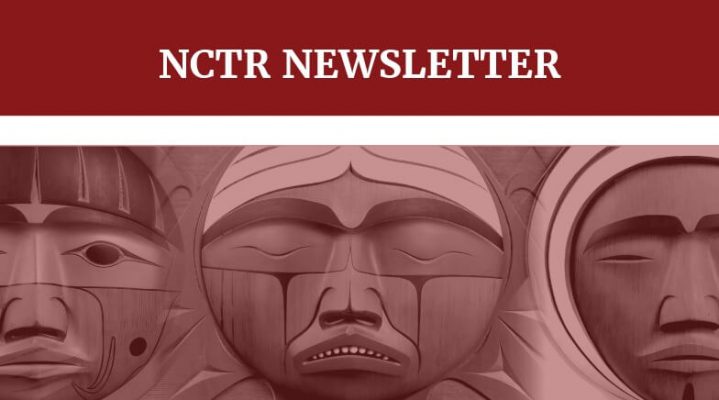United Nations Declaration on the Rights of Indigenous Peoples
About the Declaration
The Declaration on the Rights of Indigenous Peoples is a global human rights instrument adopted by the United Nations General Assembly on September 13, 2007 as “the minimum standards for the survival, dignity and well-being of the indigenous peoples of the world.”
In its Principles of Truth and Reconciliation (PDF) , the Truth and Reconciliation Commission of Canada called the UN Declaration “the framework for reconciliation at all levels and across all sectors of Canadian society.”
The Declaration was developed through a multi-decade process of negotiation at the United Nations. Significantly, the Declaration was the first international human rights instrument developed through the direct participation of the rights holders themselves.
Indigenous leaders and advocates from around the world worked with representatives of national governments to craft the content of the Declaration . As a result, the articles in the Declaration represent the real-world experiences and needs of Indigenous peoples.

The Declaration is wide-ranging, addressing rights to culture, language, education, justice and lands, among others, as well as protection from discrimination and forced assimilation. A key thread through the entire Declaration is the right to self-determination – the right of Indigenous peoples to make decisions for themselves, free from the imposition of programs and policies that would threaten their cultures and identities.
Sixteen of the TRC’s Calls to Action call for implementation of the UN Declaration including through measures such as public education and professional training.
NCTR’s spirit name – bezhig miigwan, meaning “one feather”.
Bezhig miigwan calls upon us to see each Survivor coming to the NCTR as a single eagle feather and to show those Survivors the same respect and attention an eagle feather deserves. It also teaches we are all in this together — we are all one, connected, and it is vital to work together to achieve reconciliation.

